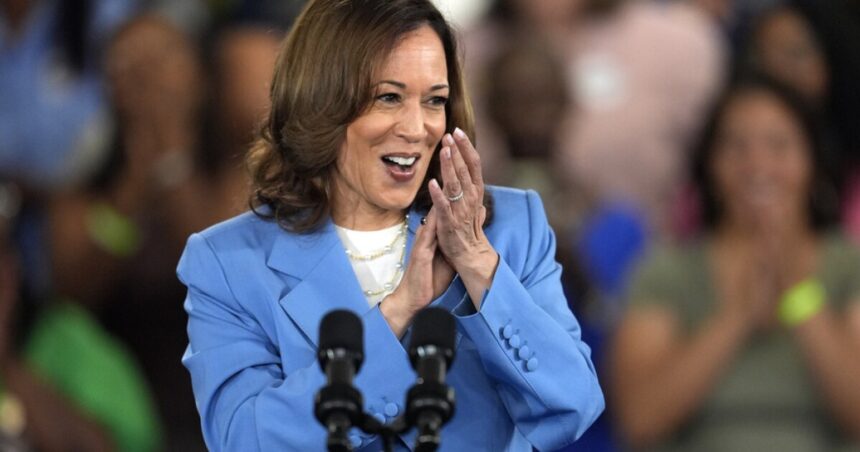In the swing state of North Carolina, Vice President Kamala Harris introduced her economic plan that she hopes will win over voters who doubt her economic abilities compared to former President Trump.
“Our goal is to lower costs, increase financial security and stability for families, and create more opportunities for working and middle-class Americans,” she stated in her address.
Harris aims to decrease the cost of living by implementing various tax credits and cracking down on price gouging.
RELATED STORY | Experts say no tax on tips will not benefit workers
Her proposals include implementing a federal ban on price gouging for food items, providing $25,000 in down payment assistance to first-time homebuyers, offering tax incentives to builders for more starter homes, expanding the child tax credit, and increasing the earned income tax credit for lower-income individuals without children.
Many of these measures would require Congressional approval to be enacted.
A Trump economic adviser criticized Harris’ proposals as “a significant misstep” and “an extensive expansion of government control.”
A poll by the AP-Norc Center for Public Affairs Research shows that more Americans trust Trump on the economy than Harris, with a 45% to 38% margin.
Trump is also pledging significant tax cuts, including no tax on tips for service workers, exempting seniors from social security taxes, and extending his 2017 tax cuts beyond their expiration next year.
“The promises are abundant, but the ways to pay for them are limited. Ultimately, all of us—taxpayers, tariff payers, will be bearing the financial burden, as we may have to borrow more money,” stated Tom O’Saben from the National Association of Tax Professionals.
RELATED STORY | Harris mirrors Trump proposal to end federal taxes on tips
Whether through tax credits or other campaign promises, it is the American people who will ultimately foot the bill for the policies proposed by candidates, should they transition from campaign rhetoric to actual policy.
“Most tax professionals would agree that taxes are likely as low as they will ever be, and advocating for further tax cuts could increase the national deficit,” he added.





